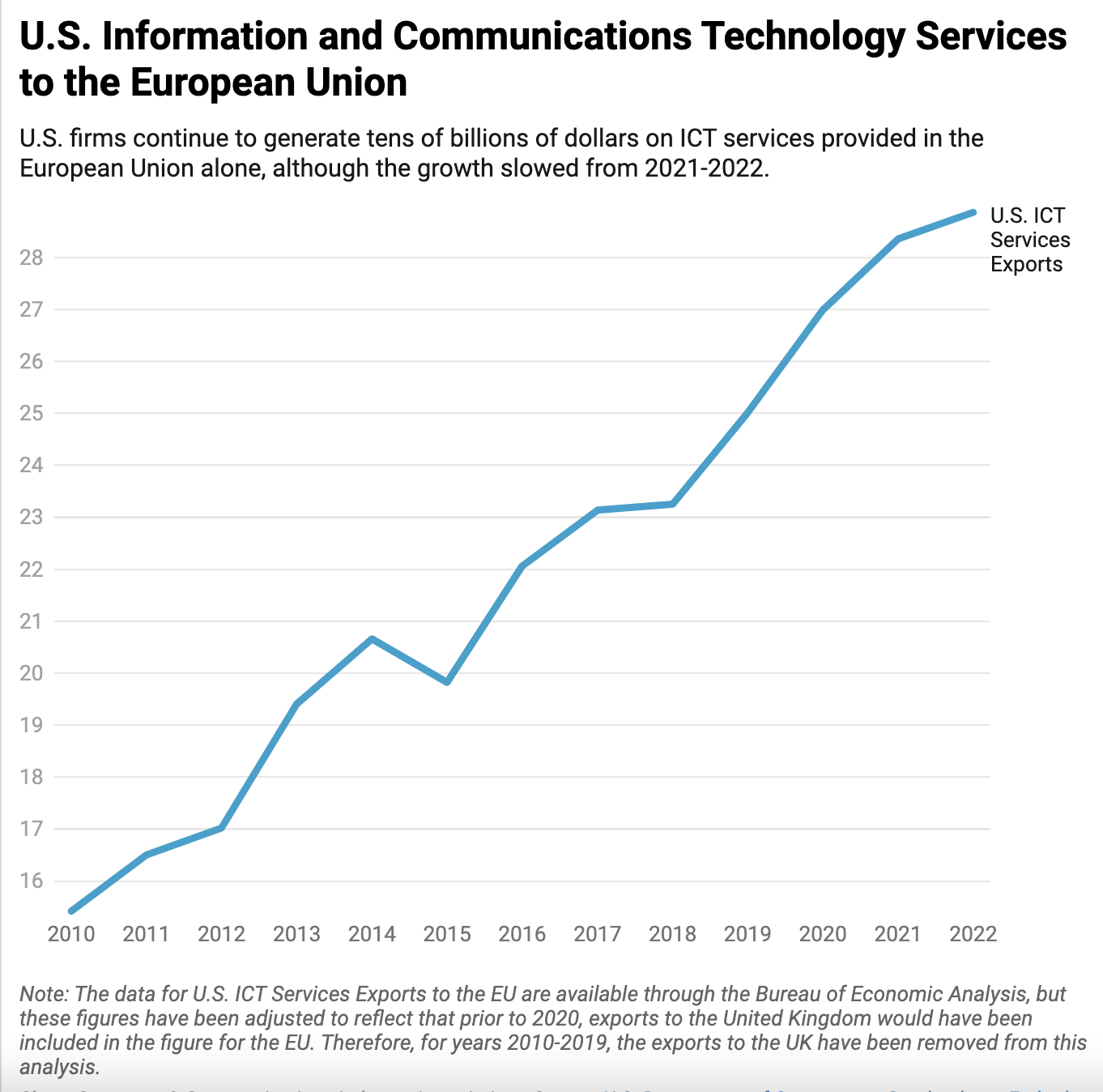Australian Regulations Detrimental to the Digital Economy: Competition (Part 2)

The previous blog post in this series discussed the Australian Competition and Consumer Commission’s (ACCC) proposed legislation to regulate commercial relationships between media companies and digital platforms from a procedural viewpoint. This post analyzes the proposed regulation from a competition policy angle.
In Australia, like in many other jurisdictions, competition in the digital space is fierce, and consequently, businesses that cannot monetize their products and services online are struggling. This is the case with many news production companies that have not been able to monetize their businesses.
Traditionally, newspaper companies would make a profit selling newspapers and advertising placements in those newspapers. With the digitization of the economy, more consumers have changed their news consumption habits and no longer buy newspapers. Hence, many news producers are struggling economically.
That competition drives some less efficient businesses out of the market is a natural process. However, because preserving news diversity and public interest news is of essence to any democracy, it is important for public authorities to take action and explore ways to ensure news producers do not exit the markets. In this context, the ACCC’s proposed regulation is understandable from a policy perspective. Unfortunately, the draft regulation risks distorting market dynamics in such a form that may end up being more detrimental to consumers than not.
The objective of the draft regulation is to fix the bargaining imbalance that the ACCC considers to exist between digital platforms and news producers. To this end, the draft Code of Conduct proposed a ‘negotiate-arbitrate’ compulsory model that includes the possibility for news producers to collectively bargain against digital companies.
In essence, this means that the draft regulation introduces an antitrust exemption for news producers. Australian competition norms foresee the possibility for parties to collectively bargain in exceptional cases upon the ACCC’s approval. But, it can be said that otherwise the norms do not allow market participants in a relevant market to band together and collectively agree on terms in negotiating against a competitor, as that is considered to alter the market dynamics to the detriment of consumers.
By allowing news publishers to collectively negotiate contractual terms, stakeholders would be creating a hardcore cartel, which has historically been banned in Australia, as it represents the most severe form of distorting market competition. This is particularly worrisome in the case of Australia, where most media companies are owned by two major stakeholders, namely News Corporation and Nine Entertainment.
From a competition perspective, the proposal included in the ACCC’s draft regulation runs counter to all international recommendations that have agreed to limit exemptions to cartels as exemptions generally represent a harmful policy option for consumers. For example, the OECD calls for transparency for cartel exclusions and authorizations, and urges member states to consider eliminating or reducing them.
Hence, while ensuring that the free press is on an even playing field is a commendable task for the ACCC to take on, intervening in the markets by allowing the news publishers to cartelize runs counter to Australian antitrust norms and disrupts an otherwise functioning market economy. All these conditions will inevitably contribute to furthering the monopolization of the news publisher markets, especially in an already concentrated market like the Australian news media sector.
The next post in this series will analyze the ACCC’s draft regulation from a copyright perspective. From a copyright perspective, imposing a wealth transfer obligation on digital platforms for them to be able to use excerpts of news in their websites may be equivalent to recognizing an ‘ancillary right’ for news producers that violates Australia’s international commitments.








